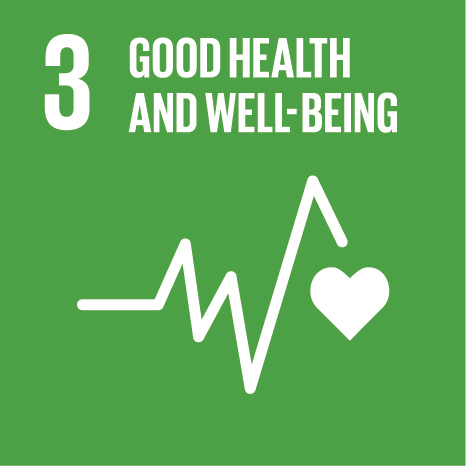Uganda currently ranks among the top three refugee hosting nations in the world. A mass exodus of refugees from South Sudan in 2016 doubled the population to over one million, making Uganda the leading refugee hosting country in Africa. Uganda has one of the most favorable refugee protection environments in the world, providing refugees with freedom of movement, the right to work, and access to social services through a generous asylum policy.
Pulse Lab Kampala was tasked by the UN in Uganda with unearthing the public perceptions with regard to the interactions between refugee and hosting communities. The Lab and partners use the Radio Content Analysis Tool to take the pulse and analyse public discussions aired by local radio stations to support the Government to sustain its refugee open-door policy.




The analysis results presented here are generated by using the Radio Content Analysis Tool for Big Data analysis developed by Pulse Lab Kampala and partners. The Tool allows analysis of public discussions in Luganda and Acholi, which are the main vernacular languages spoken in Uganda. Content of a total of 55 radio stations in the Central and Northern regions of Uganda is analysed.
Additionally, an early version of a new radio mining prototype is ready for Rutoro, Lugbara, Ngakaramojong and Runyankore languages, enabling analysis of public discussions from West Nile, Rwenzori, Karamoja and Western regions in Uganda.
 Main Refugee Hosting Community
Main Refugee Hosting Community
 Current Main Deployment
Current Main Deployment
 Other Deployment
Other Deployment
Pulse Lab Kampala's Radio Content Analysis Tool reduces with filters the 4,800 hours of public radio content broadcasted daily in the regions of Kampala, Gulu and Arua to 2 hours of refugee related content.
People in Uganda share their voices in public radio discussions and social media like Facebook. Conversation topics range from refugee settlements, education, health, entertainment, etc.

Public discussions happening on the radio, online news and public Facebook pages are detected with technology developed by Pulse Lab Kampala.
The topics of interest related to the refugee influx in Uganda are automatically targeted with speech recognition systems in Luganda and Acholi languages and natural language processing software developed by Pulse Lab Kampala.
This web interface shows what people say about the refugee influx in Uganda.
Results shown must be interpreted with discretion. The results show the analysis of public discussions in Acholi and Luganda from 55 radio stations that are broadcasting in Gulu and Kampala. The views and opinions reflected in the analysis results do not represent the dominant views of the population in the specific locations, but are a proxy of the general views expressed in public radio discussions.
The privacy issues are addressed through the privacy and data protection principles set out by UN Global Pulse. These principles are designed to ensure that the data collected is handled with the utmost protection of the interests of the individuals speaking.
A project involving analysis of people’s concerns expressed on the radio naturally requires high levels of privacy considerations and protection. Even though radio is a public forum, Pulse Lab Kampala already takes extra measures to protect the people behind the data and applies strict privacy principles to ensure that individuals are not exposed in a way that is to their disadvantage.
Pulse Lab Kampala is the third lab of the United Nations Global Pulse network under the leadership of the UN Resident Coordinator. It supports the UN Country Team and the Government of Uganda to achieve the Global Goals for sustainable development. As a regional hub, it leverages data innovation, new sources of digital 'Big Data' and real-time analysis techniques.
For more information about the Pulse Lab Kampala’s Radio Content Analysis Tool:
Links:
Analysing radio content - Microsite